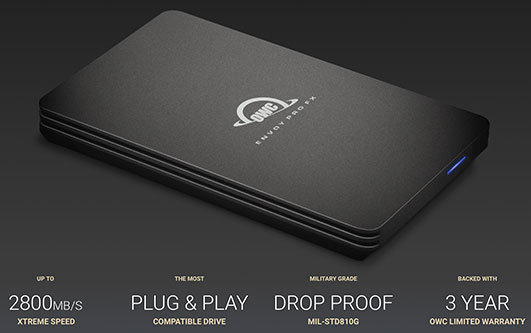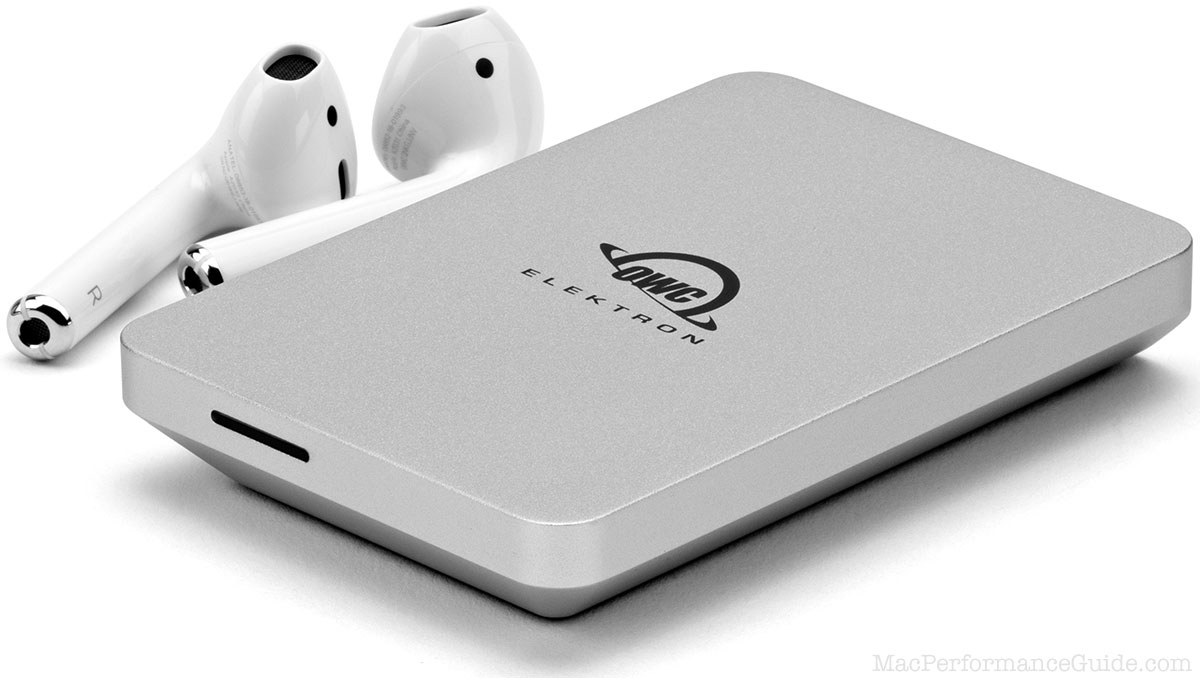
$220 SAVE $130 = 37.0% Western Digital 16.0TB Western Digital Ultrastar DC HC550 3.5-in… in Storage: Hard Drives
|

|

|

|

|
Mercedes Sprinter Maintenance: Comments on the (woefully inadequate) 2018 Mercedes Sprinter Operator Manual

Photographer and cyclist and Mac expert and software engineer Lloyd Chambers is available for consulting on general Sprinter considerations at his usual consulting rates via phone, or in person in the Palo Alto, CA area. Save yourself hours and mistakes by discussing issues up-front. More about Lloyd....
This page quotes and discusses the 2018 Mercedes Sprinter Operator Manual, translating Mercedes-speak into English. The 2018 operator manual is better than prior years in implicitly acknowledging serious risks of engine damage, but it is so circuitous and evasive that it needs translation.
I did not break-in my Sprinter properly—probably no one does—thanks to outrageously bad Mercedes advice. Mercedes hides the facts and dealers are just plain ignorant. Few dealers even have a fully competent Sprinter mechanic.
Of particular note in all Sprinter through 2018 is an arguably defective design, namely that the Garrett turbocharger is a cheap one utilizing engine oil and thus interconnected in Bad Ways to the exhaust system. Mercedes should have and does use a better turbocharger on the 2019 model and Sprinters for certain purposes (military, ambulances, etc). On those models, the turbo has its own separate cooling system and does not use engine oil.
Getting help
Contact me for a referral to an expert on Sprinter maintenance: type of oil, additives to de-sludge and de-coke the engine, turbo, EGR, swirl valves, etc. This expert will charge you $200, and you will be very happy about what you learn, once you understand that it will likely save you many thousands of dollars down the line (seized-up engine, blown turbo, EGR and swirl valves can go well over $20K and the dealer will just want to replace it all even though there are usually options to de-sludge and de-coke the system).
Expert’s Bio: I worked for Mercedes-Benz for 50 years. I was a mechanic, shop foreman, Instructor at the Jacksonville Training center, Field Service Manager, Field Service Technician, Service Director of three MB dealerships, & I owned my own Mercedes-Benz service center. I got the Mercedes-Benz Star Technician Award once, & the Service Manager of the Year 5 times. I retired in 2017. For owners that want personal advice, I send them a PayPal link for $200 to my Grandson's college education savings.
Fuel accretion — general discussion
Fuel accretion means leakage of diesel fuel into the crankcase oil. The term “fuel dilution” is a misnomer, because the operative concern it is the engine oil that is diluted.
Fuel accretion occurs for several reasons:
- An engine broken-in with too 'thin' an oil CANNOT break in an engine properly (e.g., Mobil 5W-30 which Mercedes uses) . The result is that unwanted and unnecessary fuel accretion is guaranteed to some extent, even if the engine is pampered thereafter. That is why breaking in the Sprinter diesel engine is key. It is outrageous that Mercedes allows a Sprinter buyer to immediately damage the longevity of the engine by not breaking it in with a proper oil.
- Diesel Particulate Filter (DPF) burn-off “regen” cycles are relatively frequent. When a DPF burn-off cycle occurs, excess fuel is dumped into the cylinders to raise the temperature for burn-off. Much of this excess fuel leaks past the pistons into the engine oil.
- Coking of the pistons/cylinders further accelerates fuel accretion.
Fuel accretion has negative effects. There is a reduction of engine oil viscosity which reduces lubrication, and diesel fuel causes engine oil to break down more rapidly, causing increased engine wear. Together a negative feedback loop that leads to increasingly premature wear, sludging of the engine block, coking of the turbo, EGR, swirl valves, etc.
See also FUEL DILUTION IN DIESEL ENGINES — FUEL DILUTION CAUSES, HOW TO PROTECT YOUR ENGINE.
Mitigations
The following are general guidelines best dealt with by getting expert help.
- Avoid idling whenever possible, particularly with the engine below normal operating temperature.
- Warm up the engine by driving way slowly instead of idling; it will warm faster. A minute or two of idling is plenty under most conditions—the starting engine block temperature should govern whether it is 10 seconds or two minutes.
- Gang-up short trips into longer ones and get onto the highway at least every 100 miles, so that the DPF can burn off “regen” in shorter time.
- Periodically use appropriate additives as per expert advice. Some of them clean out sludge and coking, some add a little lubricating with a few ppm of sulfur. Some oils add zinc, which saves the timing belt from premature failure.
Change the oil and filter frequently, e.g., change oil every 5K miles and the filter every 2.5K miles. Reduce that to every 3K miles for frequent idling or short trips particularly in cold weather. I get the oil changed (“drain and fill”) at Jiffy Lube for $29.99—they deal with the mess, I supply the oil and filter. It costs slightly more if they change the filter also, but this is done easily with a tool by yourself, and without changing the oil.
If the Sprinter is used almost exclusvely for highway miles, then perhaps 10K miles makes sense, but that is an outer limit, and what’s the point? Here in California at $3.50 to $4/gallon for diesel at 19 mpg, 5000 miles costs about $1300. If it costs another $150 for oil change, 12% for oil changes on top of fuel. That’s hugely cheaper than a SINGLE failure of the engine, turbo, emissions system, etc. Let alone being stranded in a place requiring a $2000 tow-out, if available at all.
2018 Sprinter Operation Manual, page 133 — Fuel Accretion
Here, “stationary for long periods” means “idled for long periods”.
The phrase “fuel collecting in the engine oil” means fuel accretion—leakage of diesel fuel into the crankcase oil. With the already 'thin' Mobil 1 5W-30, the fuel dilutes the oil and makes it as thin as water, leading to all sorts of lubrication problems, hence “engine failure” of various kinds.
If the vehicle is predominantly used for short-distance driving or is stationary for long periods, this could lead to a malfunction in the automatic cleaning function for the diesel particle filter. This can lead to blockage of the diesel particle filter. This can also result in fuel collecting in the engine oil and cause engine failure.
Therefore, if you mainly drive short distances, drive on a highway or an inter-urban road for 20 minutes every 300 miles (500 km). This facilitates the diesel particle filter's burn-off process.
I can testify that fuel accretion is real. After my (first) Sprinter oil change at 18K miles (a horrible idea, courtesy of Mercedes), within 50 miles the Sprinter warned of too much oil. That just is not possible unless there was rapid fuel accretion—very likely a DPF burn-off cycle “regen” happened and added enough fuel to push the oil fill level well over maximum.
2018 Sprinter Operation Manual, page 227 — “Do not run the engine for longer than necessary when the vehicle is stationary”
Here, “stationary” means idling or slow stop-and-go. It is unclear whether the High Idle options on the Sprinter do something smart about not running a DPF burn-off cycle versus Sprinters without High Idle option.
Do not run the engine for longer than necessary when the vehicle is stationary.
Mitigations: same as above.
2018 Sprinter Operation Manual, page 280 — Biodiesel
Translation: biodiesel is slightly better than shoveling tar into the fuel tank, with fuel accretion and coking and sludging. The Kiss of Death for a Sprinter diesel.
Continuous use of fuels with bio-diesel content over 5% (B20 fuels) can lead to fuel filter clogging. Deposits may also form on the fuel injector. This may reduce the engine output. Unburned fuel can get into the oil pan. This causes the engine oil level to rise. This can cause engine mechanical damage.
Mitigations: same as above plus appropriate fuel additives.
2018 Sprinter Operation Manual, page 282, 283— Incoherent Oil Recommendations
Translation: “we won’t tell you exactly what oils are best for a Sprinter”. And Mobil 1 5W 30 ain’t it.
Mercedes “urgently” recommends “regular oil changes”. Well, every 100K miles is “regular” but exactly how often if the vehicle idles a lot or does a lot of short trips? Silence on the matter. An oil chart is shown, but Mercedes disclaims any knowledge of what to use by simply saying “suitable”. Which is corporate-speak for “we wont’t say what is best because of EPA regulations that make us use lousy oil you really should not use—go fish”.
At least the oil viscosity chart gives some guidance, but you’ll want specific help for your own operating circumstances. The evasive and ambiguous (and actually contradictory when read in full) manual is outrageously poor. What is “in good time” and what is “adequate temperature characteristics” and how much deterioration “due to aging in use”—all this is left unstated.
If the SAE viscosity class of the engine oil used does not cover the outside temperature range in which you are operating the vehicle, it must be changed in good time, in particular before the cold season commences.
Using an engine oil that does not have adequate temperature characteristics can lead to engine damage. The temperature range information of the SAE classification always refers to that of fresh oil. The temperature characteristics of the engine oil may deteriorate significantly due to aging in use, especially at low outside temperatures.
...
Depending on the respective outside temperatures, select an engine oil according to SAE classification (viscosity). The table displays the SAE classification to be used. The low temperature characteristics of engine oils can noticeably deteriorate during operation, e.g. from aging, soot and fuel accretion. For this reason, regular oil changes using an approved engine oil from the suitable SAE classification are urgently recommended.
Mitigations: same as above plus appropriate fuel additives.
Ultra-high performance across entire capacity, outperforms the competition.
Tiny, bus-powered, rugged, compact!
2018 Sprinter Operation Manual, page 284— Incoherent Oil Recommendations
This advice is highly misleading in several ways. First, improper break-in guarantees this poor performance! Driving style of course matters, but if an engine is not broken-in properly, it will suffer continuous fuel accretion. It is as if Mercedes assumes the engine will not be broken-in properly (cannot be, with Mobil 5W-30) and thus the expected oil consumption becomes pronounced (in spite of fuel accretion, it is leakage that is the issue, meaning oil starts burning, a lot of it).
Sixteen quarts of oil in 10K miles—seriously?!!! This can only be a statement that Sprinter engines have terrible problems with the negative results of improper break-in along with a D-Grade turbo (2019 model may change this) and DPF design. What an incredible testimonial—unbelievable.
Depending on the driving style, the vehicle consumes a maximum of 1.0 qt (1.0 l) of engine oil over a distance of 620 miles (1000 km).
With my 2017 Sprinter, improper break-in generally at first resulted in no oil being burned (seemingly) presumably because of fuel accretion—I observed this for the first 14,000 miles in which apparently ZERO oil was burned. The oil level remained the same by the dipstick measurement. Beyond that, the engine apparently started to get coked-up and sludged and then rapidly burned a quart or more to 18K miles, just as Mercedes predicts. After desludging and cleaning up with additives and several very short oil changes with a blend of appropriate oils, the engine purred again nicely at 23K miles and was much smoother and free-revving—all because the sludge and coking was cleaned out. The difference was quite obvious.
Mitigations: break in the engine properly and follow all the other mitigations.
2018 Sprinter Operation Manual, page 119
The manual says NOTHING about break-in oil.
It makes general recommendations which amount to “drive gently for the first 1000 miles”. This is all good, but what about the engine oil? The engine CANNOT be broken in properly with the standard Mobil 5W-30. This is surely grounds for a class-action lawsuit—guaranteed inferior lifespan. Mercedes apparently would rather server customers poorly than deal with the EPA, which requires an inappropriate engine oil which at first improve fuel efficiency but later has major negatives for engine lifespan (and fuel efficiency!).
For the service life and economy of your vehicle it is crucial that you break in the engine with due care.
• Therefore, protect the engine for the first 1000 miles (1500 km) by driving at varying vehicle and engine speeds.
• Avoid overstraining the vehicle and high engine speeds during this period, e.g. driving at full throttle. Do not exceed Ø of the max- imum speed for each gear.
• Do not change down a gear manually in order to brake.
• Try to avoid depressing the accelerator pedal beyond the point of resistance (kickdown).
• The shift ranges 3, 2 or 1 should only be engaged when driving slowly, e.g. when driving in mountainous terrain.
After 1000 miles (1500 km), you can increase the engine speed gradually and accelerate the vehicle to full speed.
Mitigations: break in the engine with an appropriate break-in oil.
Seagate 22TB IronWolf Pro 7200 rpm SATA III 3.5" Internal NAS HDD (CMR)
SAVE $100





